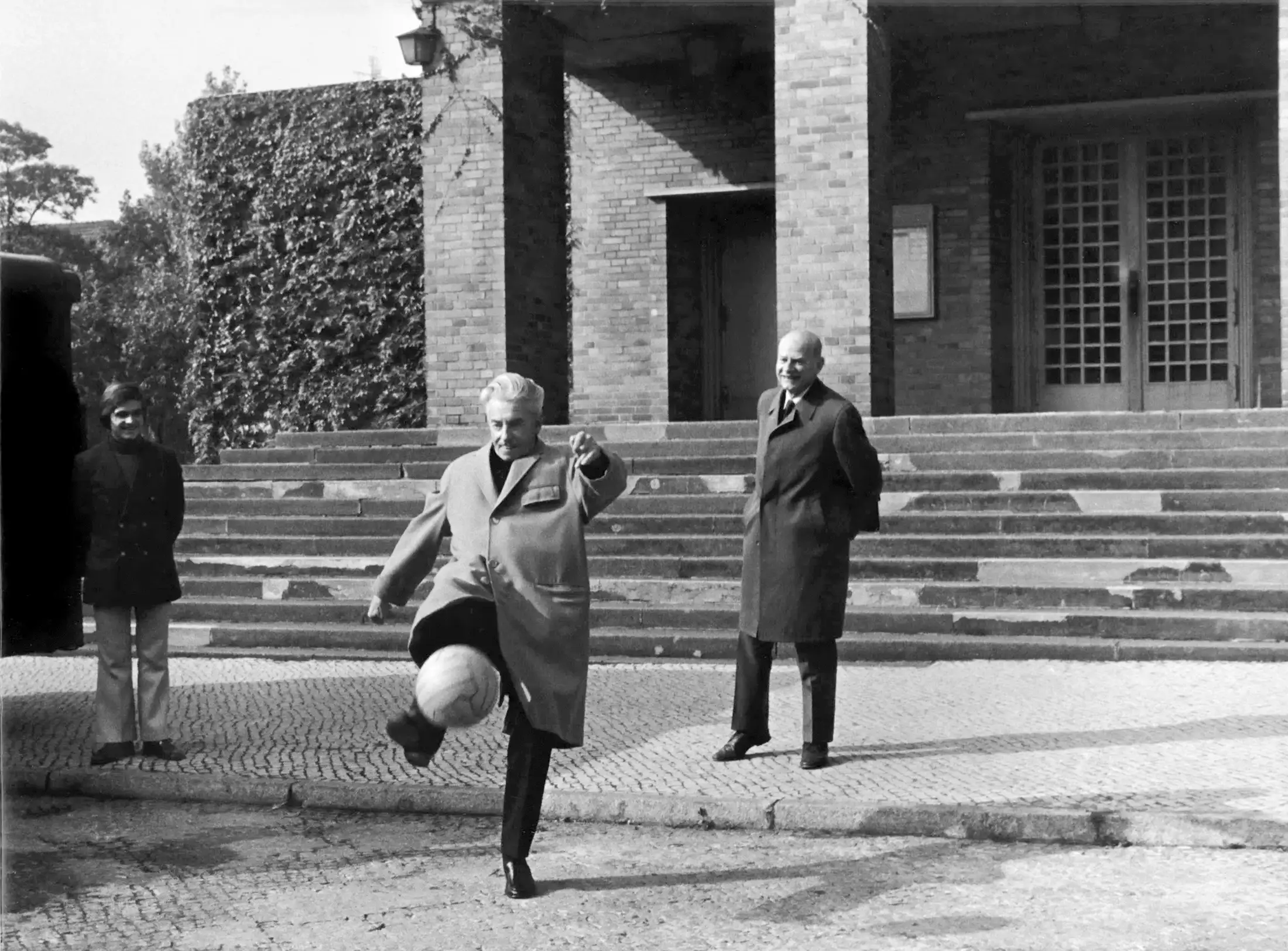The BBC Symphony Orchestra with its Finnish chief conductor Sakari Oramo at the helm will perform an all-Sibelius programme at the Barbican hall in London on the 6th of December. This is a significant date for a small state that on this very day celebrates 100 years of independence.
Finland had been a part of Russia since 1809 and had for a long time benefited from a fair amount of autonomy. The Finns were for almost 90 years quite content with the Russian domination, but during the latter part of the reign of Emperor Nicholas II (yes, the Tsar was called Emperor in Finland), the russification programme of the Grand Duchy intensified.
The imminent defeat of the Russians during the First World War opened up an opportunity for complete secession from the union. After the Bolsheviks, in November 1917, had seized power in Petrograd, the Finnish parliament moved very quickly. There was real danger of a red revolution and a general strike was called in Finland. Luckily parliament managed to gain some measure of control.
On 4 December, while the ‘red’ revolutionary forces were staging protests outside the Senate, a draft was submitted to Parliament. Two days later a fairly basic declaration of independence was added to the draft. The general reaction from the public was lukewarm. There were no big celebrations on 6 December 1917.
Lenin recognised the sovereignty of Finland on New Year’s Eve and most other major countries followed suit. Great Britain and the United States, on the other hand, were more cautious and only after much lobbying did they give their recognition in the spring of 1919.
The Finnish Civil War, which was an extremely bloody affair, broke out in January 1918. The true scale of the horrors committed by both the ‘Reds‘ and the ‘Whites‘ led to much bitterness, which unfortunately still lingers on, unresolved, in some people’s minds. Let us hope that the centenary celebrations will finally put an end to the old divisions.

Photo by Mark Allan/BBC
The Brits have more than paid back for their initial reluctance to recognise Finland’s independence. Many orchestras have, or have had, Finnish chief or principal conductors over the years. Paavo Berglund and Osmo Vänskä have come and gone, but Esa-Pekka Salonen, (Philharmonia Orchestra), John Storgårds (chief guest conductor with BBC Phil) and Sakari Oramo are still very much active in this country.
Tonight’s programme with the BBC Symphony Orchestra conducted by Oramo opens with Sibelius’ Press Celebrations Music, written in 1899 as a quiet protest to the russification and censorship that was starting to affect Finnish culture. The original music was not published until almost a centenary after the first performance. This will be the UK premiere of the work. The last movements of this partly reconstructed and quite rarely performed suite were some months later reworked by Sibelius and became the now well known tone poem, Finlandia.
You can find more on the history of the Press Celebrations Music here: http://www.sibelius.fi/english/musiikki/nayttamo_sanoma.htm
The very talented Guy Johnston, former BBC Young Musician of the Year, takes the solo part in Cantique and Devotion for cello and orchestra, 1914-15. This work can either be played by a solo violin or cello with orchestra (small or large) and it has been suggested that it originally may have been intended as church music. Sibelius composed it while he was stuck in Finland, because of the war, and in dire need of money. But it is by no means a quickly churned out work to satisfy his publisher. The concert ends with Sibelius’ Symphony No.1 in the version first performed in Berlin in 1900. These are the original programmatic titles for the movements:
I A cold, cold wind is blowing from the sea.
II The pine of the North is dreaming of the palm of the South.
III A Winter’s Tale.
IV Jorma’s heaven.
It is difficult to hear any of these suggestive titles in the final work – but I think we can all agree that it is a rousing, fiery and romantic work showing clear influences from Tchaikovsky and Berlioz. If you want to read some nationalistic message into it, you may.
“The BBC Symphony Orchestra has a tremendously rich Sibelius tradition,” notes Sakari Oramo. “They made one of the great early Sibelius recordings with their live performance of his Seventh Symphony in 1933 under Koussevitzky and have retained a deep collective understanding of the composer’s music. I look forward to celebrating the 100th anniversary of Finland’s independence with them.”

You can hear this concert live on the BBC Radio 3 and shortly after the broadcast it can be downloaded on the website.



